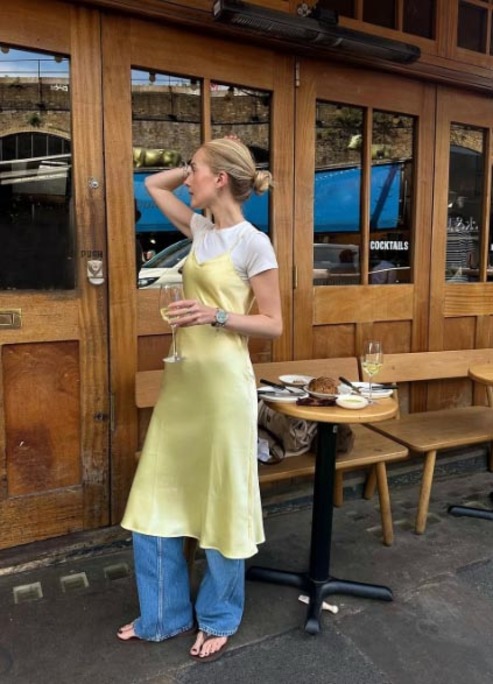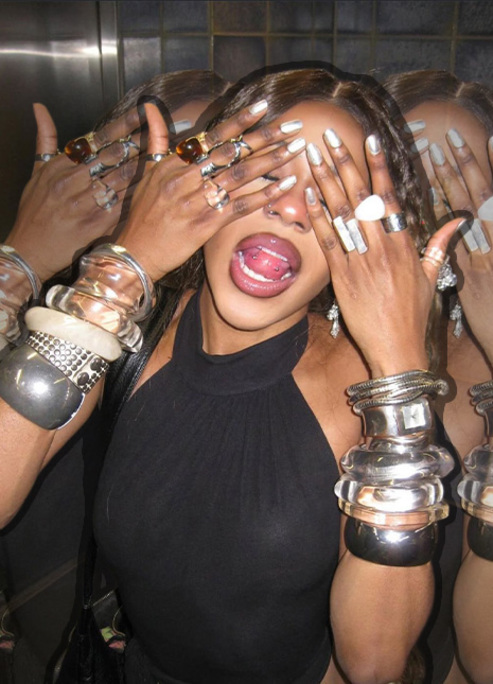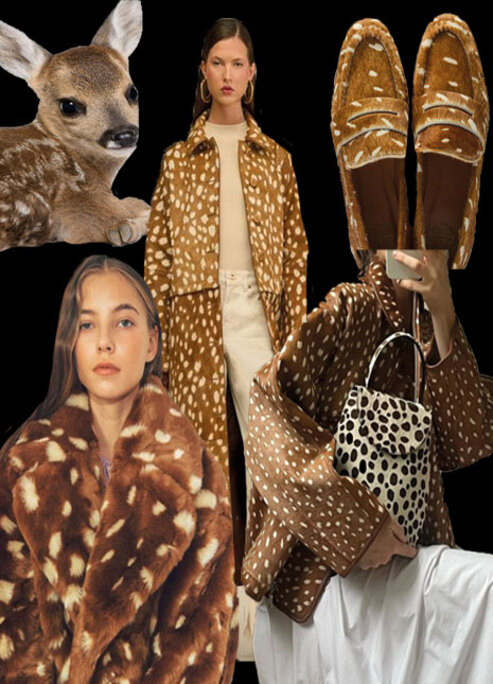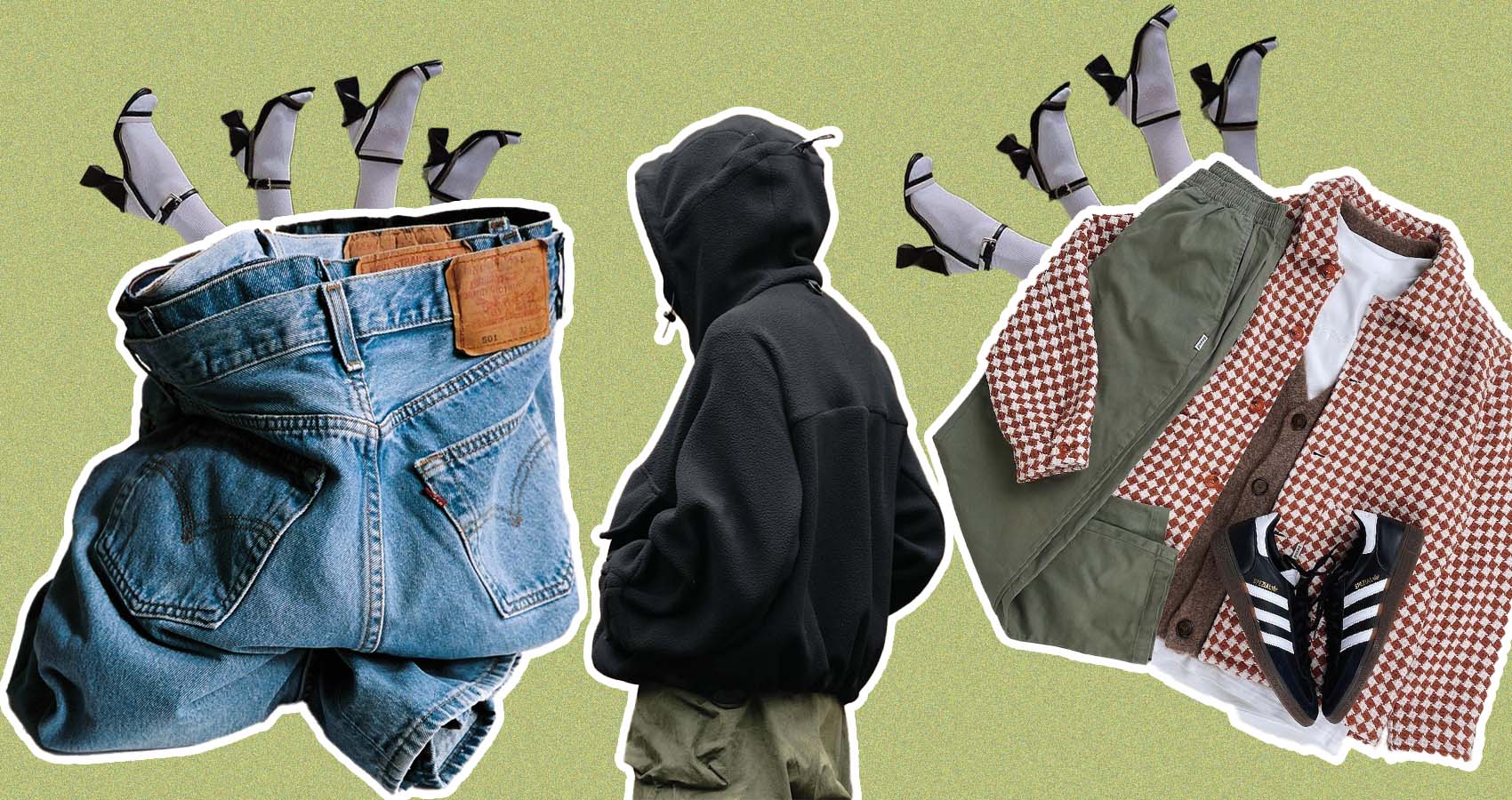
The Death Of The Dress Code
Is dressing up a thing of the past?
You’re out of your millennial bed rotting phase and finally ready for a night out. You spent two hours on your makeup and several working days on the outfit. In the line, you notice the girl in front is wearing combat trousers and sneakers… You question whether she’ll get in (sneakers are famously high risk, what with club protocol!) In fact, it seems her whole group is dressed super casually. You curiously scan the crowd and realise you’re the only one actually ‘dressed up’. You feel confused and a little foolish, and wonder if you missed some sort of memo.
A Change in Fashion Norms
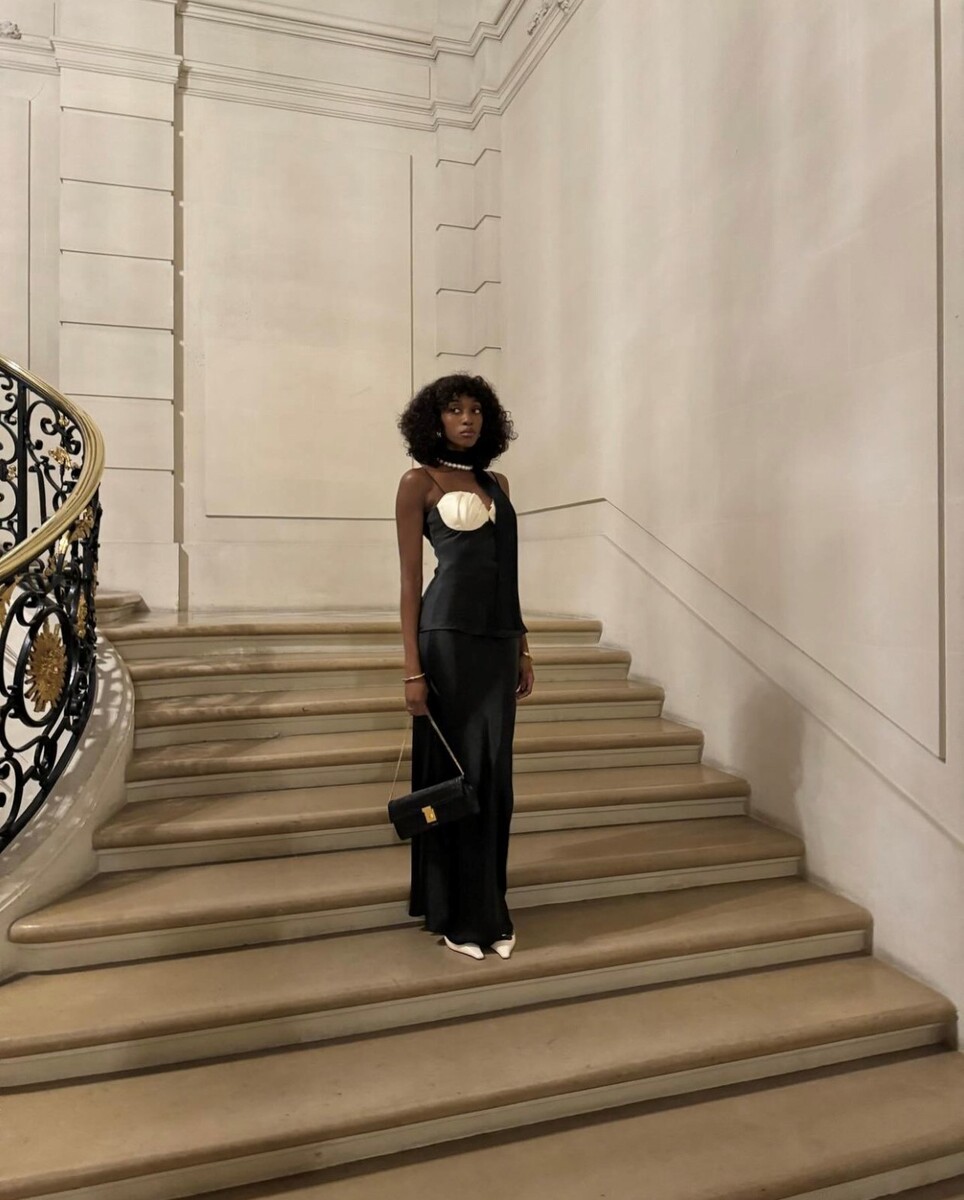
But the memo could’ve easily passed you by, as this change has been brewing, gradually, for quite some time. How and why did this shift occur? Does wearing jeans and a hoodie to the opera suggest a lack of respect? And is dressing for the occasion integral to fully enjoying ourselves?
We can actually trace this back to the ‘60s. Young people began defying society’s conventions around the time of antiwar protests, and this spilled into their fashion choices. Considering they’d been expected to dress formally to simply go outside, it’s no wonder they revolted. One could argue that Covid has played a part more recently – we’re so accustomed to clocking into work having just rolled out of bed (especially when the camera’s off), it would only be logical for that to become normalised. Since then, the idea of a ‘code’ has slowly disintegrated to the point where it’s generally not recognised. But is this a positive thing? Should our appearance reflect our environment? Some would say it’s unfair that a highly trained waiter in a gourmet restaurant, donning an obligatory suit and tie, is just as obligated to serve customers in tracksuits. I do think there’s something to be said for looking the part, but there are other ways to show respect. Behaving courteously and tipping well says more about someone than what they’re wearing.
The Shift to Individualism
Of course, dressing up is still a thing – think how many clothing and makeup brands would collapse otherwise! And beauty gurus are still hugely popular. But now, the idea of dolling yourself up simply because it’s expected is considered archaic; you’re more likely to see someone dressed to the nines for a TikTok than you are at the theatre. We still partake in formality and glamour, just on our own terms. It’s rooted, essentially, in an anti-establishment, individualistic mentality – and it’s somewhat liberating.
Dressing for the Occasion: Choice and Freedom

But what if you don’t want to abandon the dress up? For some, it adds to the fun, and the new pressure of trying to not ‘overdress’ (which ironically feels like a dress code in itself) detracts from what was once part and parcel of the experience.
Ultimately, however, it’s all about choice. If you really want to dress up, you should. And besides, everyone else is too focused on what they’re doing to really care about your clothes. Simply do whatever makes you feel comfortable and happy. Plus, who knows, in a few years we could do a complete 360! Fashion is funny like that.



